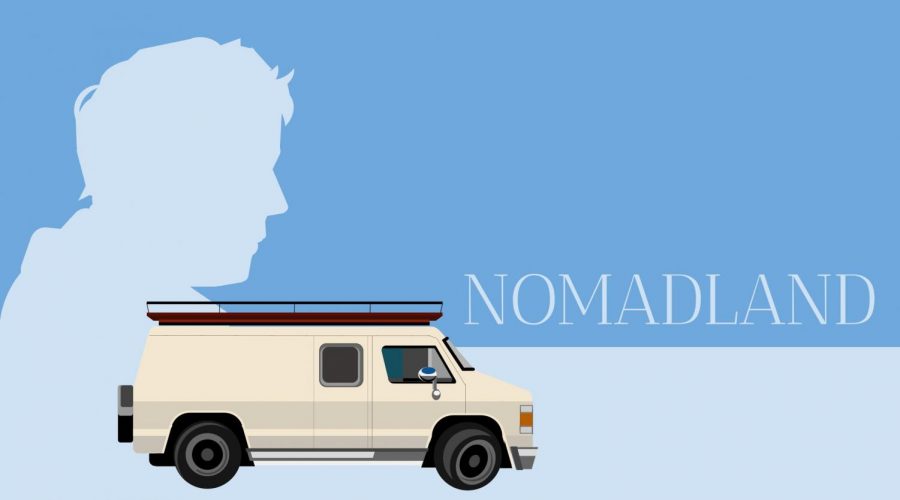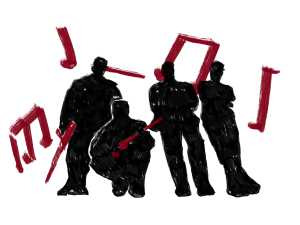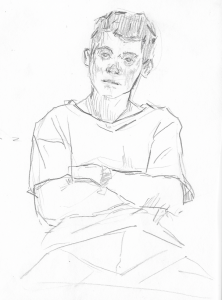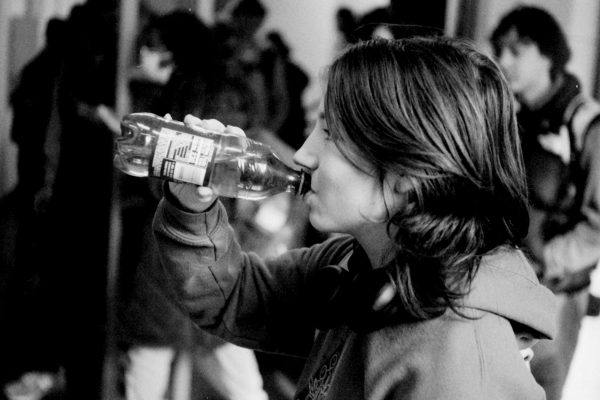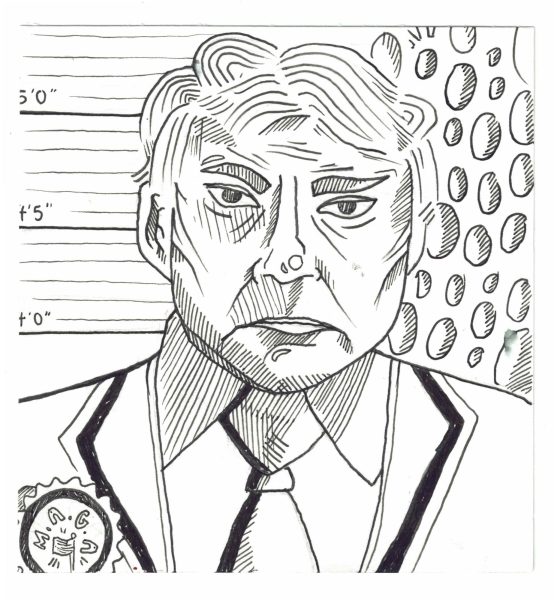“Nomadland” Is a Groundbreaking Masterpiece
March 29, 2021
Rating: 5/5 Falcons
Nomadland, based on Jessica Bruder’s novel of the same name, is enduringly unconventional for an American film. The movie’s focus on and commitment to the journey—over both physical and emotional ground—of an older, working class, female protagonist is a rarity in this nation’s modern cinema. That, combined with its loose narrative structure and understated cinematography, makes for an experience that exudes a profound and powerful freshness.
Frances McDormand portrays Fern, a child-free widow who, forced from her life in Empire Nevada after its mine was closed years earlier, meets veterans of the road during her transient gig at an Amazon center. She decides to renovate a commercial van into an RV and begin a nomadic lifestyle, living out of Vanguard (her white van) and taking short-term work across the western half of the United States. The film features many real members of the “home on wheels” community, lending Nomadland a documentary-like feel. The film captures the various bittersweet reasons that these folks have given up an anchored lifestyle, such as rampant unemployment and paying oversized mortgages or rents. McDormand’s performance is a career-topping tour de force, shining with quiet strength, wit, and complex grief. While her path is anything but easy, she finds true community in spite of all that she has lost.
Though it is not exactly a comfort movie, the film suggests both the isolation and communion of the road.
The viewer is whisked along through director Chloe Zhao’s slice-of-life format, following Fern through her daily tediums and various seasonal jobs: tidying her van, cleaning roadstop bathrooms, bubble-wrapping packages, harvesting potatoes, and walking through the various settlements she comes across. While it may seem like it would be easy to lose interest while watching the film, Zhao weaves together vignettes compellingly and with intense intimacy, making it so the breaking of heirloom plates or the smell of her late husband’s jacket hit those watching as though they are Fern herself. The work reads as an extension of McDormand rather than any sort of character. Joshua James Richards’ camerawork doesn’t hurt either, capturing lushly the sprawling landscapes of the American West, sometimes in contrast to the utterly unglamourous day-to-day work of the cast.
The America the film presents is at once unbelievably vast, encompassed by Richards’ many picturesque horizon shots, but also surprisingly small, as Fern encounters many people recurrently as they migrate in search of seasonal work. Even though the narrative is somber and grand, it reveals a playful streak, such as in the interactions between Fern and a guy named Dave—played charmingly by David Strathairn, the only other actor in this otherwise non-professional cast—which nearly venture into rom-com territory.
Though it is not exactly a comfort movie, the film suggests both the isolation and communion of the road, and handles the joy and grief of its protagonist with a gentle but firm grasp. While the work is hardly short of praise in the media, it’s hard to deny that it holds up to the hype and that something special is happening on screen when watching the film. As expansive as it is intimate, warm as it melancholic, this is a film that is not afraid to wander, and never once loses its feet.

